Would a soil moisture, pH, light meter be a good thing?
nephifofum
11 years ago
Related Stories

FARM YOUR YARDHow to Get Good Soil for Your Edible Garden
The nutrients in your soil feed the plants that feed you. Here are tips on getting it right — just in time for planting season
Full Story
GARDENING GUIDESGardening Solutions for Heavy Clay Soils
What’s a gardener to do with soil that’s easily compacted and has poor drainage? Find out here
Full Story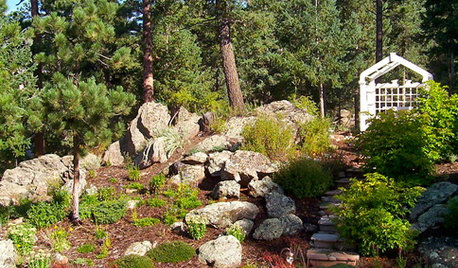
GARDENING GUIDESHave Acidic Soil in Your Yard? Learn to Love Gardening Anyway
Look to acid-loving plants, like conifers and rhododendrons, to help your low-pH garden thrive
Full Story
GARDENING GUIDESHow to Pick a Mulch — and Why Your Soil Wants It
There's more to topdressing than shredded wood. Learn about mulch types, costs and design considerations here
Full Story
GARDENING GUIDESHow to Stop Worrying and Start Loving Clay Soil
Clay has many more benefits than you might imagine
Full Story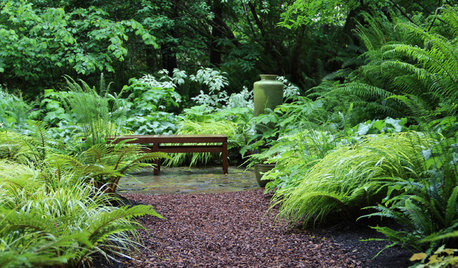
GARDENING GUIDES10 Solutions for Soggy Soil
If a too-wet garden is raining on your parade, try these water-loving plants and other ideas for handling all of that H2O
Full Story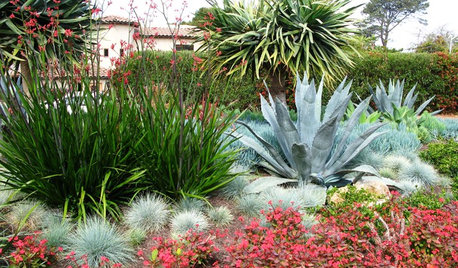
GARDENING GUIDESGardening Solutions for Dry, Sandy Soils
Has your desert or beachy site withered your gardening creativity? Try these ideas for a beautiful, easy-care landscape
Full Story
GARDENING FOR BUTTERFLIESGardening for the Bees, and Why It’s a Good Thing
When you discover how hard bees work for our food supply, you may never garden without them in mind again
Full Story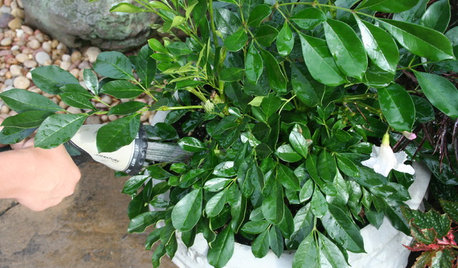
CONTAINER GARDENSContainer Garden Basics: How and When to Water Potted Plants
Confused about soil moisture, the best time to water and what watering device to use? This guide can help
Full Story
HOUSEKEEPING10 Feel-Good Household Tasks for Fall
Scrub, organize and inspect now to sail through the holidays with a light heart and a clean conscience
Full Story






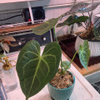
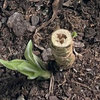
birdsnblooms
tapla (mid-Michigan, USDA z5b-6a)
Related Professionals
Cottonwood Landscape Architects & Landscape Designers · Marco Island Landscape Architects & Landscape Designers · Bristol Landscape Contractors · Camp Verde Landscape Contractors · Cary Landscape Contractors · Corona Landscape Contractors · Fort Wayne Landscape Contractors · Pleasant Grove Landscape Contractors · Weslaco Landscape Contractors · West Palm Beach Landscape Contractors · Whitehall Landscape Contractors · Suisun City Landscape Contractors · Palos Heights Landscape Contractors · Arkansas Interior Designers & Decorators · View Park-Windsor Hills Interior Designers & DecoratorsPolly381
tropicbreezent
tapla (mid-Michigan, USDA z5b-6a)
rhizo_1 (North AL) zone 7
tropicbreezent
tapla (mid-Michigan, USDA z5b-6a)
rhizo_1 (North AL) zone 7
birdsnblooms
tapla (mid-Michigan, USDA z5b-6a)
tropicbreezent
tapla (mid-Michigan, USDA z5b-6a)
rob_grandall